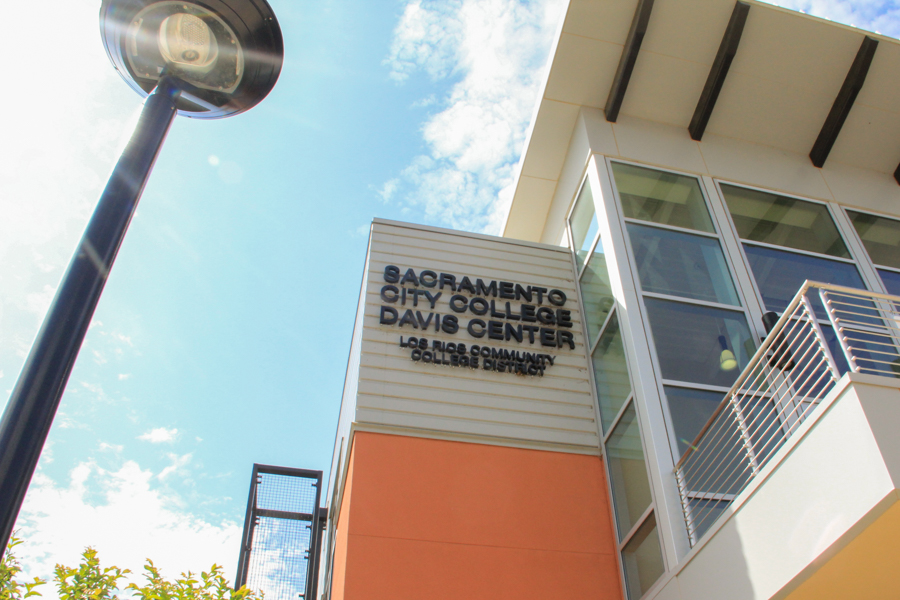
Center to bring together community college leaders for training in deeper community college challenges
UC Davis recently announced the launch of Wheelhouse: The Center for Community College Leadership and Research.
The program, designed for community college leaders such as college presidents and chancellors, will consist of four three-day meetings where issues facing the California Community College (CCC) system will be discussed.
“We have planned our first set of institutes which will start in October,” said Susanna Cooper, managing director of Wheelhouse. “It will be a year-long experience for the participants. […] We will be providing them what is designed to be cutting-edge curriculum, lots of thought-provoking presentations, and then also an opportunity for them to talk to and learn from each other.”
Wheelhouse came about after a series of conversations between Brice W. Harris, the chancellor emeritus of the CCC system, and Harold Levine, dean of the UC Davis School of Education.
“I think that this was really born out of frustrations that a lot of us in the community colleges had over the past two or three decades in that there has never really been, in California, an effective leadership development and policy research program for community colleges, even though the largest higher-education program in the nation is located here in California,” Harris said. “I began some conversations with Harold some time ago [about] how I thought it was really the University of California’s responsibility to be supportive of community colleges, and he readily agreed.”
One of the main concerns that those involved in Wheelhouse recognize is the quick turnover rate of community college leaders.
“The average tenure of a college president in our system is less than four years and a chancellor’s [tenure is] only a little more than four years,” Harris said. “With that kind of constant turnover, we really do need a better leadership pipeline and we need to try and elongate the tenure of these CEOs so that they can make real change in the colleges.”
Aside from leadership retention rates, the discussion at Wheelhouse will be focused on deeper issues rather than daily struggles of running a college.
“It’s going to be less about the nuts-and-bolts of running a college, which might involve facilities or collective bargaining. We think there are other places they can get that information. It will be more along the lines of what we call high-level or transformational leadership,” Cooper said. “[Community college leaders] struggle with things like managing their relationships with their elected boards […] We will try to bring them together with some of the best thinkers on that kind of a challenge so that they will have a chance to bring back that expertise.”
According to Levine, UC Davis’ strong community college leadership doctoral program created a foundation for Wheelhouse.
“For many years here, we have had a [doctoral] program that is meant to develop the leadership for the community college system. So I have been involved in community college issues for a long time and have worked closely with the community college chancellor’s office in Sacramento,” Levine said. “[It was] decided that this was an opportune moment to create a center that would do those two things: leadership development and research for policy purposes.”
For Harris, the choice for UC Davis to be the center of this effort was based on both the university’s strong educational history and its proximity to the capital.
“There were multiple reasons. The first is that the Department of Education at the University of California at Davis has a long and really effective history of leadership development and policy research at the K-12 level […] The core of a program was already in existence.” Harris said. “If you are going to try to influence policy development that will shape state legislation, it just makes sense to work with the university that’s right up the street from the capital.”
Cooper, Harris and Levine all have high hopes for the program and recognize the significance of this partnership between the community colleges and the University of California.
“It is so great that the UC system has decided that this is something that it wants to invest in. It is investing in the success of another higher education system, in part because that other system is so important to the entire state, but also because there is such a direct connection to UC’s success,” Cooper said. “It is a recognition that the systems are connected.”
Written by: Kenton Goldsby – campus@theaggie.org



